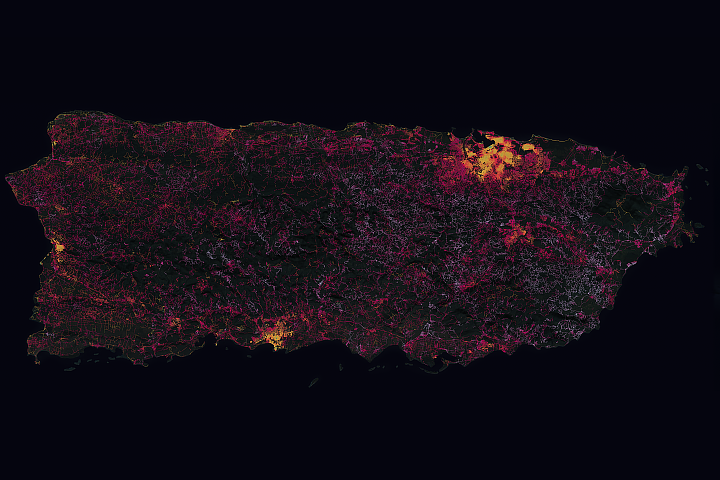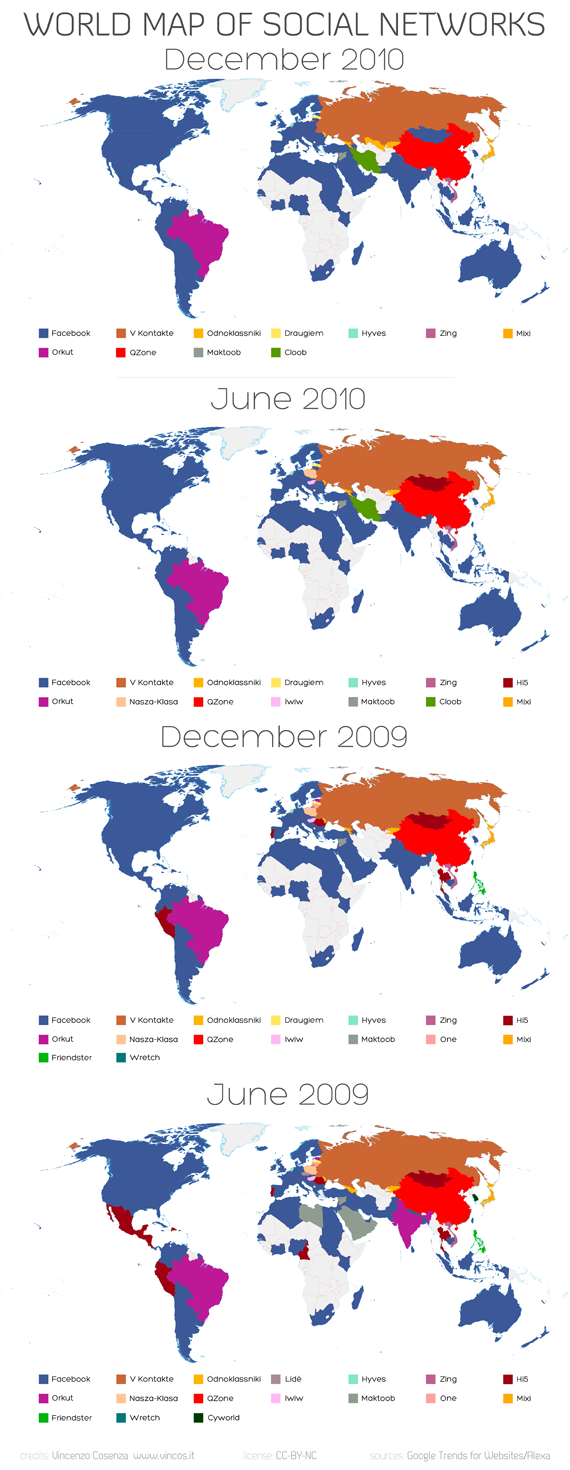.
Islam and Human Rights
There are widely conflicting views in the Islamic world on the issue of human rights, and in particular on women’s rights, freedom of expression, and freedom of religion. Views range from the liberal to the most repressively conservative. Whilst many Islamic countries (Saudi Arabia in fact being the only exception) signed the Universal Declaration of Human Rights (UDHR) in 1948, many of them have since modified their stance. For Abu’l A’la Mawdudi there was a clear conflict between the rights of women as enshrined in the UDHR and the need to protect and preserve the chastity of women. But Mawdudi’s antipathy to the west often led him to exaggerate the decadence and carnality to be found there, the extent to which western permissiveness forced women into shame, and the extent to which, with government connivance, western armies, as distinct from Islamic armies, resorted to rape and pillage. He claimed that no legal system other than the Sharia offered women protection from sexual molestation, assault and rape. Given the enormous obstacles faced by any woman in proving rape under the Sharia, and the risk that she will suffer stoning for fornication should she fail to prove it, this claim seems wildly misplaced.
.
Muhammed Naceri, a member of the Morocco Council of Religious Scholars has said:
.
“The Universal Declaration of Human Rights was for complete equality for man and women. For us, women are equal to men in law, but they are not the same as men, and they can’t be allowed to wander around freely in the streets like some kind of animal”.
.
But men can, presumably. So much for equality.
.
Muslim women living in the west, particularly younger women, see little reason why they should be treated as second-class citizens. They expect to have the same kind of freedom as their sisters from a western background even though few of them, for reasons of personal dignity and family honor, are likely to be seen hanging around drunk in the streets late at night. Yet even second or third generation Muslim girls in the west have fewer choices than their western sisters when it comes to finding a husband. Many are forced through family pressure into marrying strangers or, if they do decide to marry against the wishes of their family, may even find themselves the victims of “honor” killings.
.
Islamic misgivings about the incompatibility of the UDHR with Islam have led to a number of alternative formulations of human rights in Islam while at the same time attempting to demonstrate the compatibility of Islamic law with Human Rights.
.
Ann Elizabeth Meyer, in her book Islam and Human Rights: Tradition and Politics discusses the Universal Islamic Declaration of Human Rights of 1981 and compares its provisions with those of the UDHR. The UIDHR has been published in two versions: in Arabic and in English. We are told in the English version that the Arabic text is definitive. What is not at all evident is that the Arabic version is actually different from the English in several respects, with the Arabic version being substantially more conservative in tone. In no sense would the English version be acceptable as a certified translation of the Arabic. One is left with the impression that the wording of the English version has been watered down for western consumption.
.
In other articles we compare the rights of women as they exist in Islamic countries with the rights supposedly guaranteed under the UDHR; show how the rights of non-Muslims are limited in many Islamic states; how freedom of expression is severely curtailed and how freedom of religion and belief are practically nonexistent.
.
Central to the fair and equitable administration of justice is a codified system of law. The absence of a formal written criminal code in Saudi Arabia, for example, leaves the authorities virtually a free hand in defining what is illegal. In 1996, a Syrian national, Abd al-Naqshabandi was executed for witchcraft, a crime against which no Saudi law exists. (See Victims of Political Islam).
.
It is not only women and non-Muslims but Muslim men too that deserve the protection of a modern, fair and equitable system of justice based on internationally accepted standards, and a respect for human rights as enshrined in the UDHR.
.
Perhaps the greatest obstacle to human rights under Political Islam is its strong adherence to the Sharia. Many aspects of the Sharia are inimical to the ideas enshrined in the UDHR. In an Islamist state no individual or group of people can have any rights that do not conform to the tenets of the Sharia. Oppression, intimidation, lack of freedom, and ferocious censorship and public executions are the undeniable facts of life in many Islamic societies. The UDHR enumerates the rights of the individual that governments are obliged to protect. But Political Islam is opposed to any concept of individual freedom that is not subordinate to its brutal interpretation of the Sharia.
.
“What they call human rights is nothing but a collection of corrupt rules worked out by the Zionists to destroy all true religions.”
Ayatollah Khomeini
.
“When we want to find out what is right and what is wrong we do not go the United Nations; we go to the Holy Koran . . .”
Ayatollah Moussave-Khomenehi
.
The views of Ayatollah Khomeini were extreme even within Islam, of course, but perhaps more insidious are the claims of the apologists that there is no contradiction between Islam and human rights, straining to identify modern human rights within Islamic law. These claims do not succeed. For example, and as Ann E. Mayer has pointed out, what Mawdudi claimed to be human rights can be seen on closer analysis to be either privileges granted by God, or human duties towards God.
.
Many Islamists claim that the UDHR is an attempt to force western standards and ideals on to others who do not share them. But abuse of human rights cannot be excused by cultural relativism. If we believe that everyone has the right to life, freedom, and the pursuit of happiness then we must oppose any system that seeks to deny those rights to others. To accept religion, culture or tradition as a justification for human rights abuses is to discriminate against the abused and to send the message that the victims are undeserving of humane consideration.
.
Perhaps the most unsavory aspect of Islamic law from a human rights perspective is the severity of the punishments it prescribes. Like the most prurient voyeur, the Sharia pries into every aspect of private life and condemns with the utmost violence any conduct that fails to conform to its narrow standards of acceptable “family” behavior. Adultery, or indeed any behavior that fails to conform, is punishable by flogging, amputation or stoning to death. Homosexuality, too, is forbidden and punishable by flogging, sometimes to death. To add to the inhumane nature of the executions, they are frequently carried out in public – to act as a warning to others.
.
A later attempt to demonstrate – if not exactly the compatibility – at least some similarity between Islamic human rights schemes and human rights as understood internationally, was the Cairo Declaration on Human Rights in Islam presented at the World Conference on Human Rights held in Vienna in 1993. This declaration too is more impressive for what is omitted than for what it includes. In particular it offers no support for freedom of religion or belief. Again quoting Ann Elizabeth Mayer:
.
“The Islamic human rights schemes … are the products of the political contexts in which they emerged. Their Islamic pedigrees are dubious and the principles they contain do not represent the result of rigorous, scholarly analyses of the Islamic sources… Instead, they seem largely shaped by their conservative authors’ negative reactions to the model of freedom in Western societies.”
.
http://www.ntpi.org/html/humanrights1.html
.
.















No comments:
Post a Comment